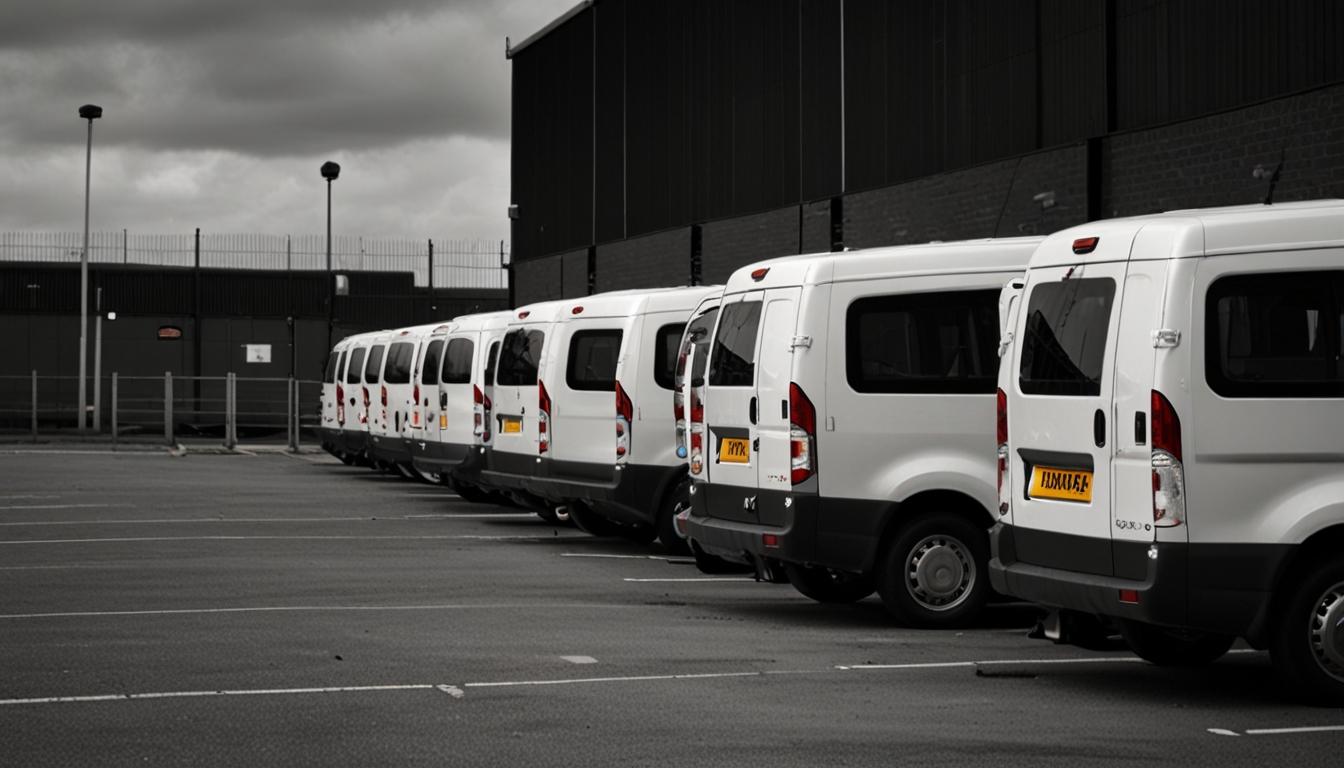Stellantis, the owner of Vauxhall, Peugeot, and Citroën, has raised concerns about the potential closure of its Ellesmere Port and Luton car plants in the UK due to regulatory challenges. The company awaits a decision on keeping the production lines operational within a year, emphasising market demand for electric vehicles and issues with the UK’s Zero Emission Vehicle mandate.
Potential Closure of Vauxhall’s Ellesmere Port and Luton Plants Due to Regulatory Issues
Stellantis, the owner of Vauxhall, Peugeot, and Citroën, has issued a warning regarding the potential closure of its car plants in Ellesmere Port and Luton in the UK. Stellantis’ UK Managing Director, Maria Grazia Davino, stated that the company will decide within a year whether to keep the production lines open, citing market demand for electric vehicles and regulatory challenges as critical factors.
The company has expressed concerns about the UK’s electric vehicle (EV) policies, particularly the Zero Emission Vehicle (ZEV) mandate, which requires manufacturers to meet stringent sales targets for electric cars. Stellantis has requested that electric vans produced at these factories be counted towards the car sales targets, which would facilitate compliance with the ZEV mandate.
This warning follows previous criticisms by Stellantis’ CEO, Carlos Tavares, who labeled the UK’s EV policy as inadequate and detrimental to the automotive manufacturing sector’s sustainability.
Both Ellesmere Port, which underwent a recent £100 million investment to produce electric vans, and Luton, set to produce electric vans next year, are under scrutiny regarding their future viability due to these regulatory issues.
Furthermore, the company has advocated for consumer incentives, such as reduced VAT on electric vehicles and energy, to boost EV demand and support their business model.
This situation is developing amidst broader concerns about vehicle emissions in the UK. A report indicates a significant rise in carbon emissions from vans, while emissions from cars have decreased due to the increased adoption of electric vehicles. Campaigners urge the government to provide financial incentives for businesses to switch to zero-emission vans and improve the charging infrastructure, highlighting the UK’s lag compared to other European nations.













